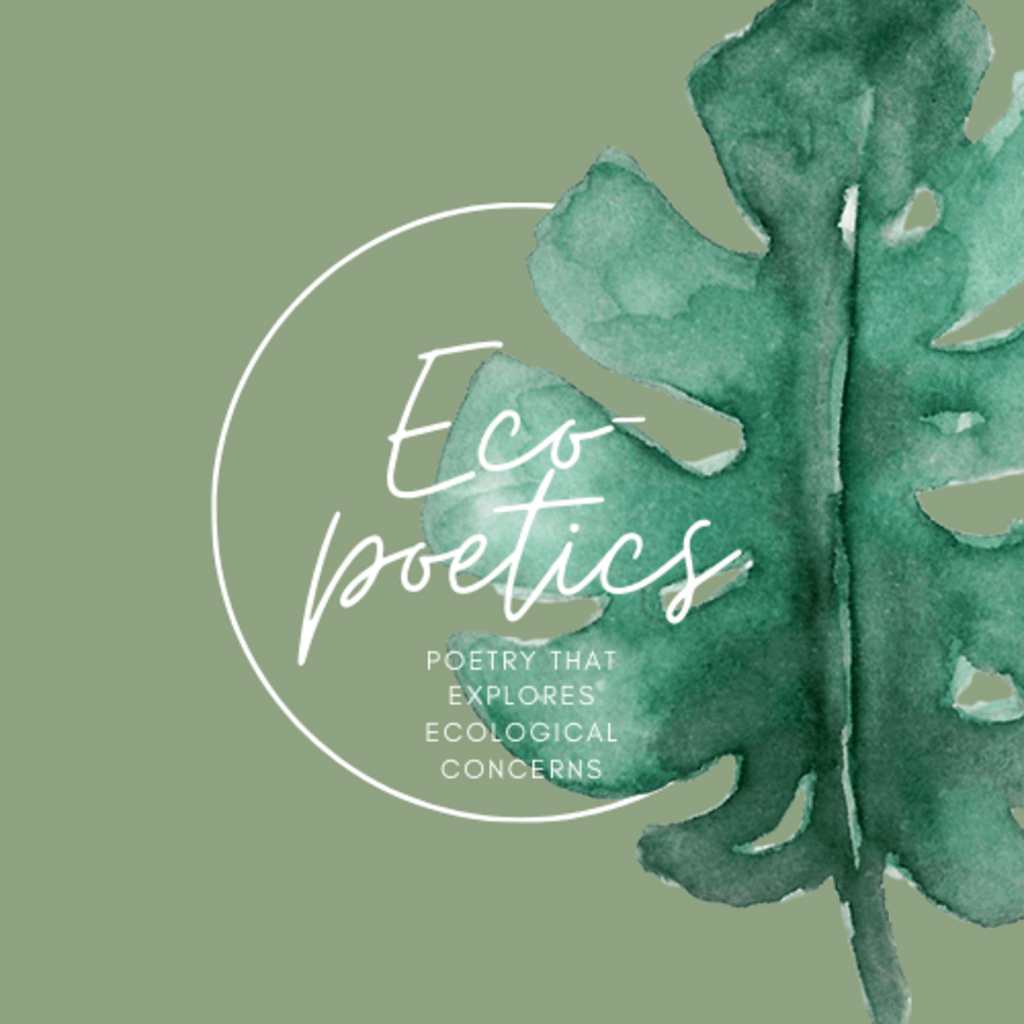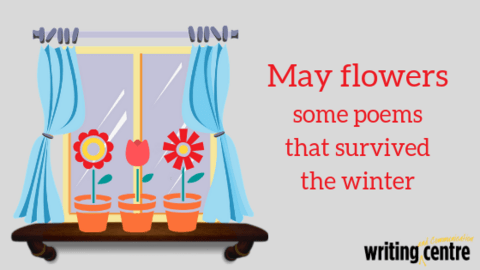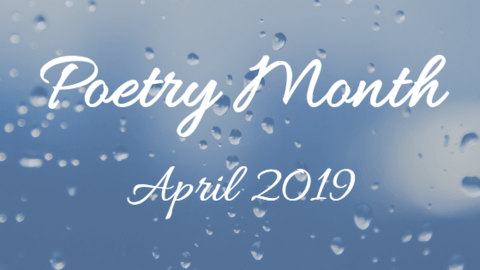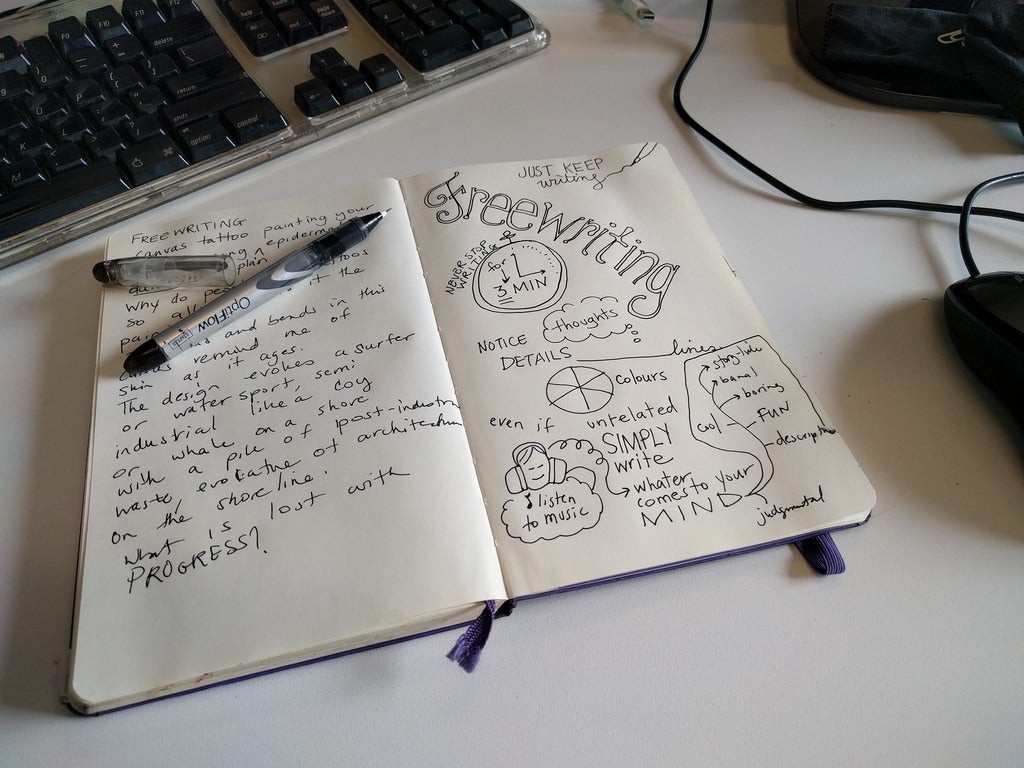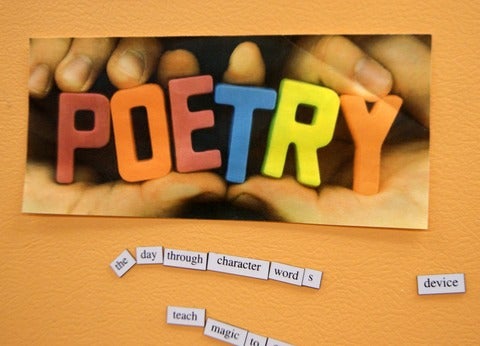Eco-Poetics: How to Write Productively During the Pandemic
It’s a weird time. No one can deny it.
We’re stuck at home, sitting, lying down, and doing almost everything else virtually. Although it can be convenient, eating, sleeping, and working in the same place is mentally straining and doesn’t help our already unstable emotional states.
Reading the news doesn’t help either. There are always new cases of COVID-19, which adds more anxiety and worry to our already stressed-filled hermit lives.
To release some of the stress and anxiety, why not… write it all down?
